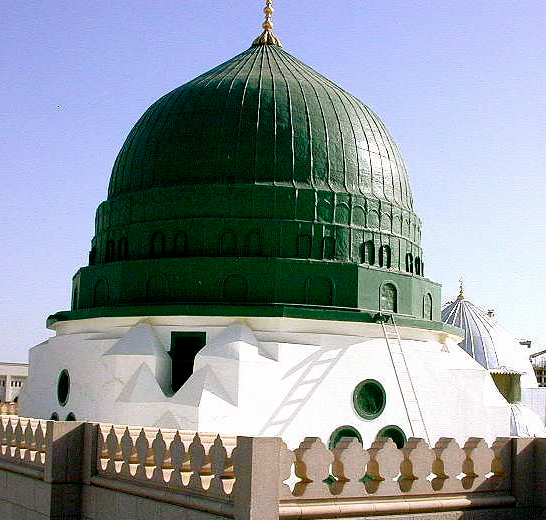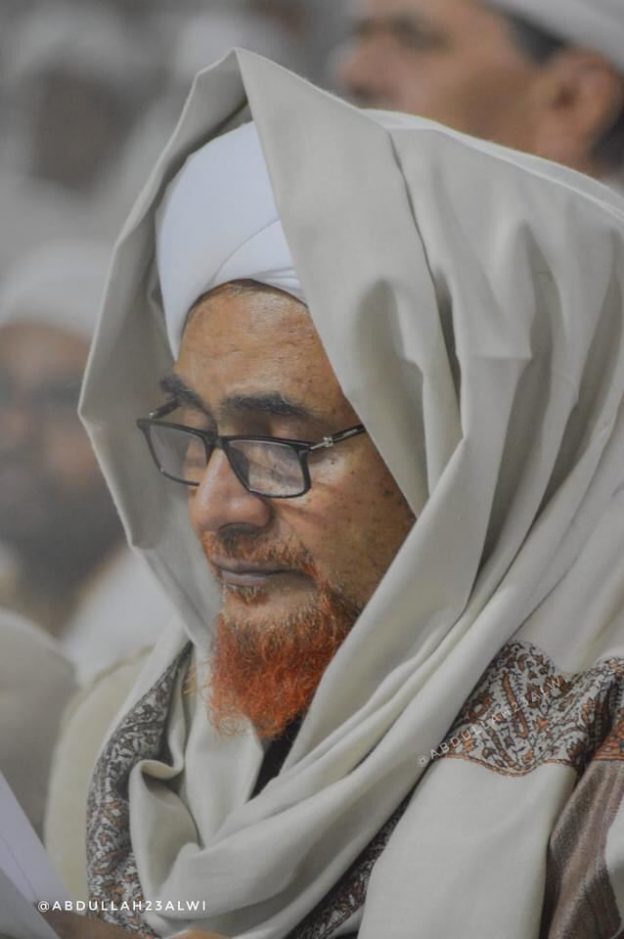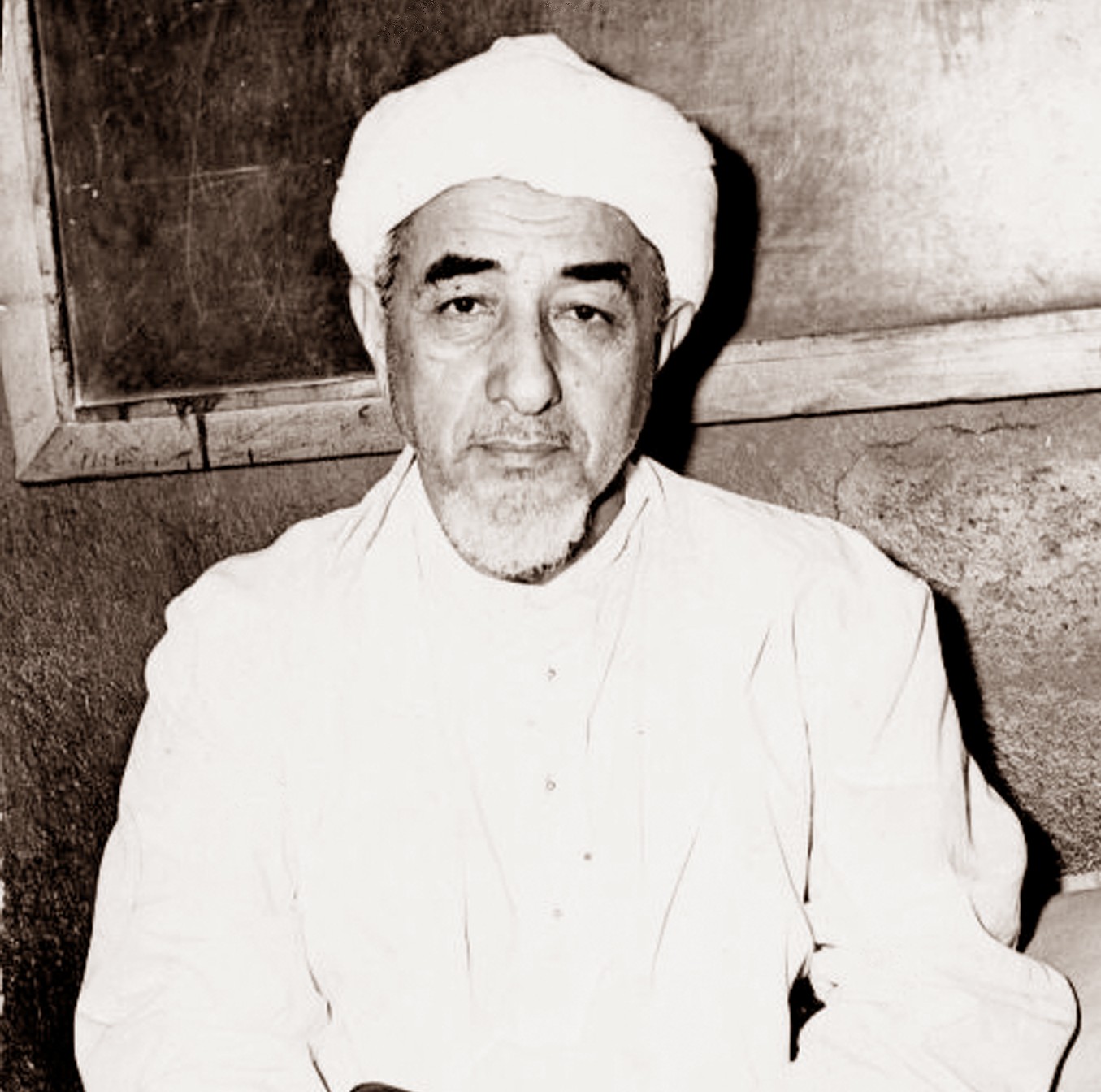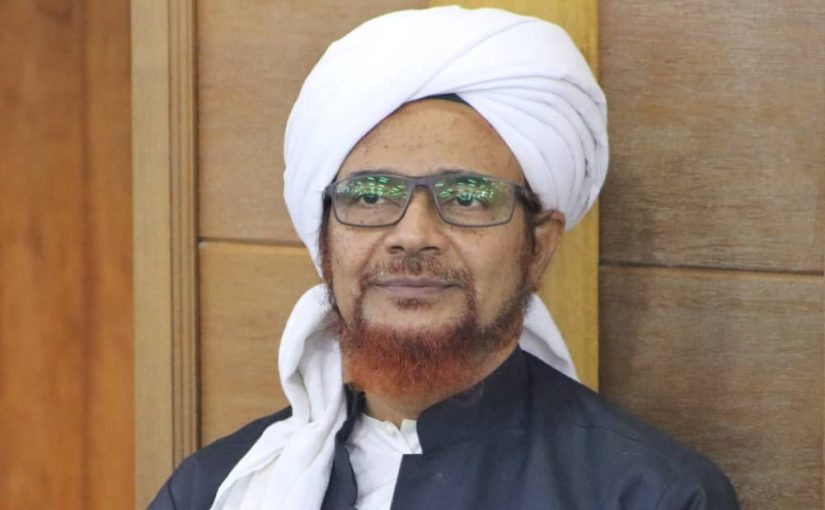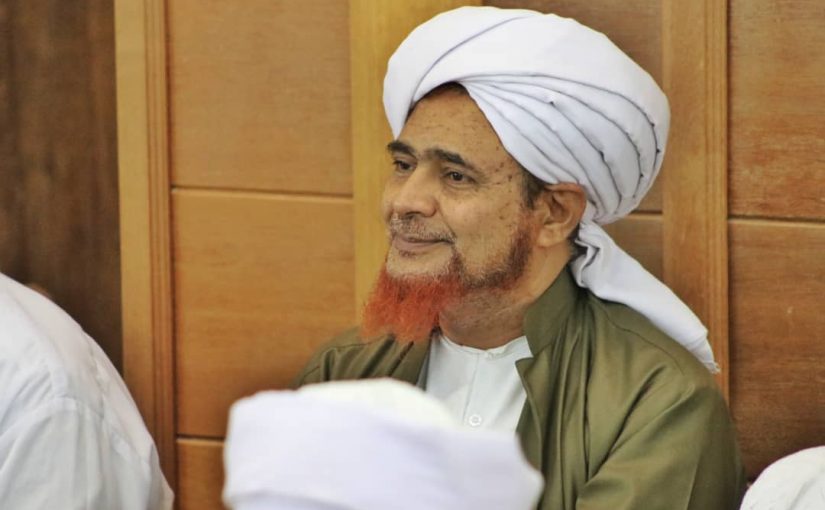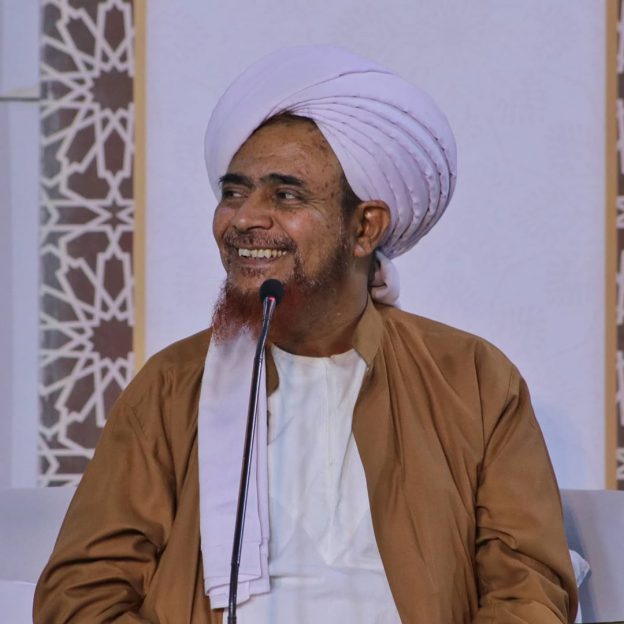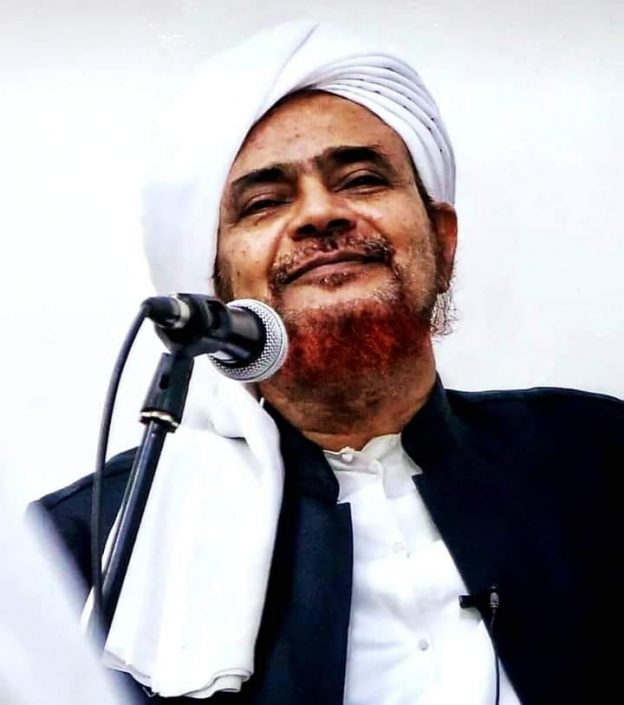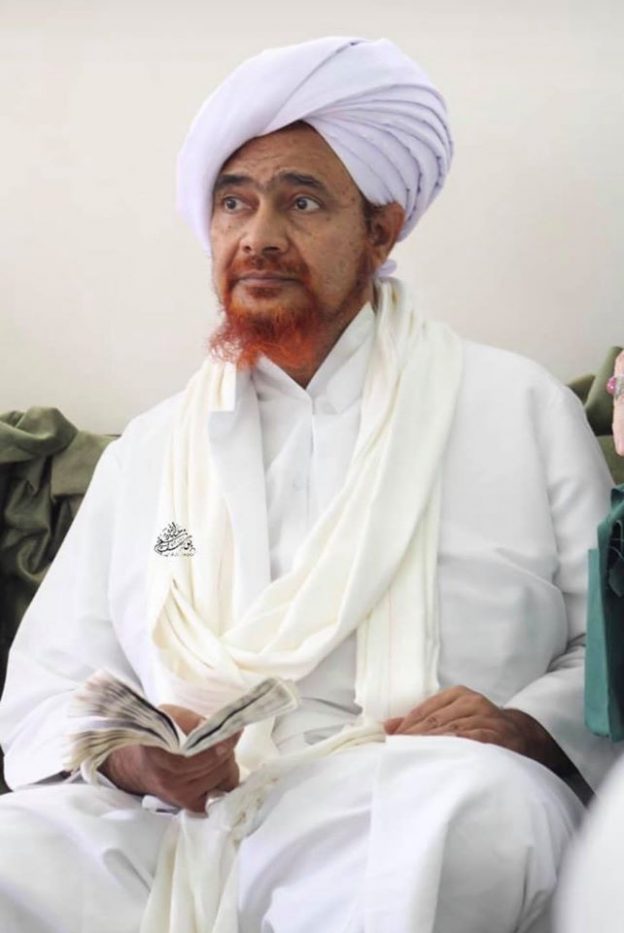Continue reading Salawat with Allah’s Beautiful Names: Ya Rafi’ (the One Who Raises)
Month: May 2014
On Consulting the Shaykh Regarding Dawah Efforts
Answered by Sayyidi Habib Umar bin Hafiz (may Allah protect him and benefit us by him)
We would like to consult you on every affair relating to our dawah efforts. However, we do not wish to take too much of your time. What principle should we follow in consultation? Continue reading On Consulting the Shaykh Regarding Dawah Efforts
Salat and Istighfar of Habib Ahmad bin Muhsin al-Haddar
Advice from Habib Ahmad Mashhur al-Haddad (may Allah have mercy upon him and benefit us by him).
If someone combines between bestowing prayers upon the Prophet ﷺ (salawat) and seeking forgiveness (istighfar) they will be guaranteed safety.
Allah says: Allah will not punish them while you are with them, nor will He punish them while they seek forgiveness (8:33). Continue reading Salat and Istighfar of Habib Ahmad bin Muhsin al-Haddar
On Following Adhkar Through Live Broadcast
Answered by Sayyidi Habib Umar bin Hafiz (may Allah protect him and benefit us by him)
I follow the adhkar that are broadcast live from Dar al-Mustafa. However there is a time difference. Is it acceptable for me to read those adkhar at that time even though I am in a different time zone?
This is acceptable. There is some latitude because the time of the adhkar of the morning begins at midnight and ends at the time for zuhr prayer. The time of the adhkar of the evening begins at the time of the zuhr prayer and ends at midnight. It is also possible to change the wording of the adhkar. For example, in Dar al-Mustafa they may be saying: “I ask for the good of this night,” so you could say: “I ask for the good of this day.” Continue reading On Following Adhkar Through Live Broadcast
On the Dhikr ‘Hu’
Answered by Sayyidi Habib Umar bin Hafiz (may Allah protect him and benefit us by him)
Please explain more about the dhikr ‘Hu’
Dhikr or remembrance means for the One being remembered to be present in the heart of the one remembering Him. ‘Hu’, meaning ‘Him,’ is a pronoun that refers to Allah the Creator. If your heart is present with the One being remembered while you are repeating the word ‘Hu’, then you have attained the purpose of the dhikr.
On Uniting the Rich and Poor
Answered by Sayyidi Habib Umar bin Hafiz (may Allah protect him and benefit us by him)
How can we unite the Muslims in the US, particularly the rich and poor?
We should encourage Muslims to show mercy and compassion to each other and we should encourage the wealthy to donate some of their wealth to the poor. We should bring them together in gatherings of knowledge and remembrance. We should arrange visits between different communities. The wealthy should visit the poor with humility and the poor should visit the rich not desiring their wealth. They should visit each other for the sake of Allah, to please the Prophet ﷺ and to strengthen the ties of brotherhood.
Should I Have a Wird of Reciting Surat al-Fatihah?
Answered by Sayyidi Habib Umar bin Hafiz (may Allah protect him and benefit us by him)
Surat al-Fatihah is one of the best awrad for the seeker. It is good if it can be recited 40 or 41 times a day. Doing so is a means of removing affliction and fulfilling one’s needs. Even better is reciting it 100 times a day. It can be either be read at one time standing facing the qiblah, or it can be apportioned over the five prayers as follows: 21 times after Fajr, 22 times after Zuhr, 23 times after Asr, 24 times after Maghrib, and 10 times after Isha. If you are unable to complete the appointed number at the specific time you can make it up after the next prayer. Imam al-Ghazali and many knowers of Allah mention this method. Imam al-Haddad composed a dua to be read after this recitation.[1]
[1] See Wasilat al-`Ibad
Salawat with Allah’s Beautiful Names: Ya Basit (the One Who Expands)
This prayer is taken from Sayyidi Habib Umar bin Hafiz’s collection of prayers using Allah’s beautiful names in which he calls upon Allah by His beautiful names and then asks Him to bestow prayers upon His Beloved by those names. Finally, he asks Allah for a portion of those attributes which belong to Allah and which He has bestowed upon His Messenger ﷺ. Continue reading Salawat with Allah’s Beautiful Names: Ya Basit (the One Who Expands)
On Preventing Excessive Use of the Internet and Mobile Devices
Answered by Sayyidi Habib Umar bin Hafiz (may Allah protect him and benefit us by him)
How can we prevent excessive use of the Internet and mobile devices?
This can be done by focusing the heart on remembrance and reflection. You should remember Allah until His remembrance dominates your heart. You should reflect upon the life of the Prophet ﷺ. This engenders a longing to be in his company and a longing to meet him. You should also avoid keeping the company of those who spend a lot of time using the internet. Continue reading On Preventing Excessive Use of the Internet and Mobile Devices
On Raising Children and Mobile Devices
Answered by Sayyidi Habib Umar bin Hafiz (may Allah protect him and benefit us by him)
How do we raise our children in an open society in which they have access to mobile devices?
Firstly we should plant veneration and vigilance of Allah in their hearts through talking to them, spending time with them and taking them to attend gatherings of knowledge and remembrance. We should also tell them about the people of the past who had fear of Allah and show them videos and talks by scholars that will increase their fear of Allah.
We should put some restrictions on their use of these devices and upon their interaction with society so that they learn to take that which is of benefit and leave that which is not.

